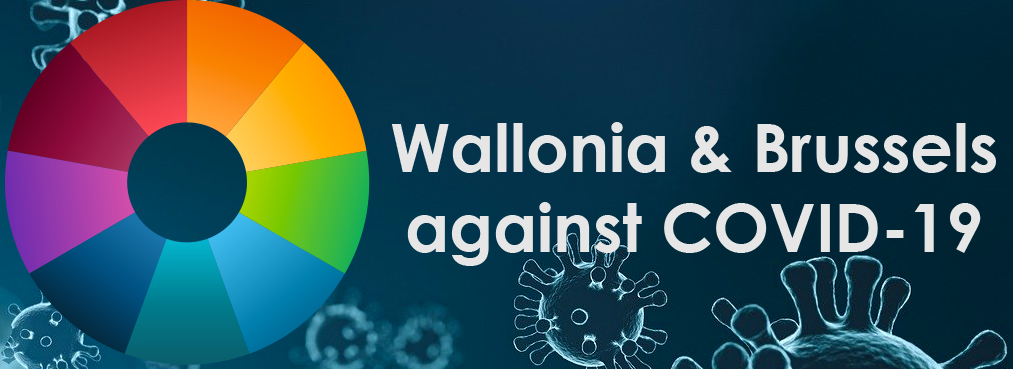UCLouvain
" To confirm endothelial dysfunction in severe covid-19 patients admitted in Intensive Care Unit "
Funding: actually private; but waiting answer for credit urgent de recherche by FNRS
Publication References: 1) Manoury B, Montiel V, Balligand JL (2012). Nitric oxide synthase in post-ischaemic remodelling: New pathways and mechanisms. Cardiovascular Research, 94(2), 304-315. 2) Montiel V, Leon Gomez E, Bouzin C, Esfahani H, Romero Perez M, Lobysheva I, Balligand JL (2014). Genetic deletion of aquaporin-1 results in microcardia and low blood pressure in mouse with intact nitric oxide-dependent relaxation, but enhanced prostanoids-dependent relaxation. Pflugers Archiv European Journal of Physiology, 466(2), 237-251. 3) Montiel V, Robinson E, Bella R, Michel L, Esfahani H, De Mulder D, Deglasse JP, Jonas JC, Steinhorn B, Michel T, Beauloye C, Bertrand L, Farah C, Dei Zotti F, Bouzin C, Brusa D, Bergmann O, Gilis D, Rooman M, Roderick L, Devuyst O, Balligand JL. Cardiac...
Read more: Virginie Montiel, Professor


